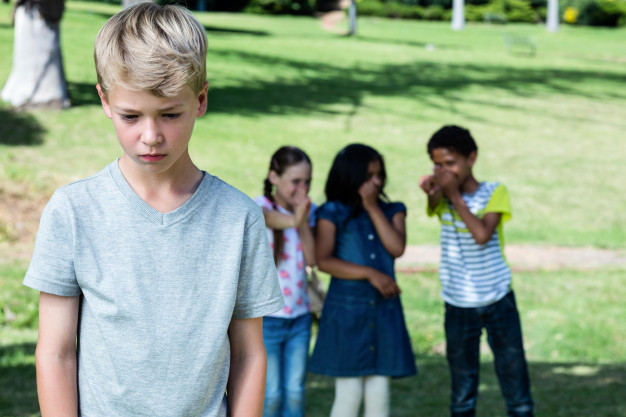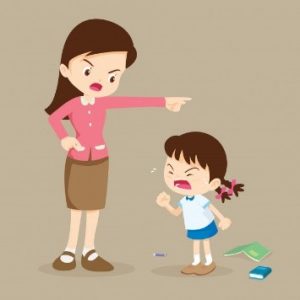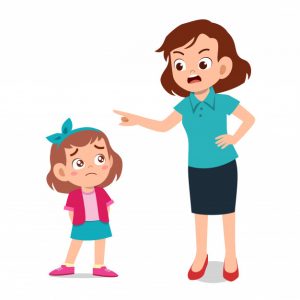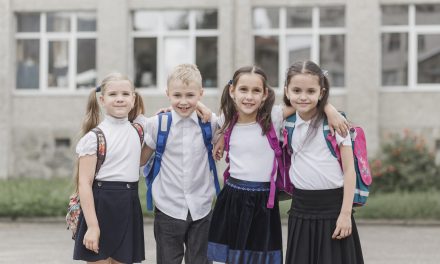WHAT IS BULLYING?
To bully is to intentionally cause hurt or harm to another person or group of people with more power, repeatedly and purposely cause hurt or harm to another individual or group of people who are too helpless or weak to respond.

In order to be considered bullying, the behaviour must be aggressive and include:
- Imbalanced power: Bullies take advantage of their power such as physical strength, access to private or shameful information or fame to control or harm others.
- Repetition: Bullying behaviours usually have the tendency to happen more than once.
TYPES OF BULLYING
Being too afraid to step into school is just one of the many effects caused by bullying. Today, most students tend to think that they live in a bully-free environment in school because they don’t see students getting physically assaulted by other students. However, bullying doesn’t necessarily mean physical violence. It can happen in different forms such as:
DIRECT BULLYING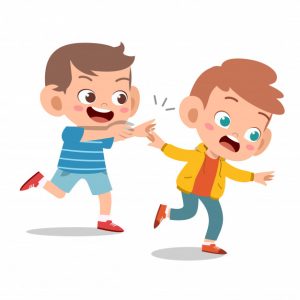
This is what people normally perceive bullying to be because it is the most obvious form of bullying. Direct bullying is equivalent to pure hostility towards any person regardless of their age. This commonly occurs in school. Teasing, verbal attacks, assaults or even the destruction of a person’s belongings are a few examples of direct bullying in school.
INDIRECT BULLYING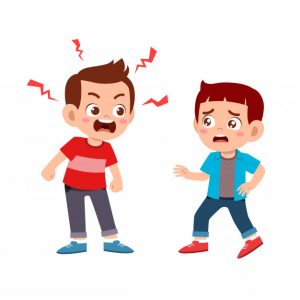
This form of bullying is arguably one of the most critical type of bullying. Indirect bullying is when a person or a group of people tries to threaten or destroy an individual’s reputation by spreading rumours in public and gossiping behind your back. This is when bullies make hurtful jokes, hurl insults and avoid you. It usually happens among girls, so much so, that it is possibly the precursor to girl-to-girl bullying.
CYBER BULLYING

Often referred to as digital age bullying, cyber bullying takes place on digital devices such as mobile phones, computers and tablets. It frequently happens online on social media platforms such as Facebook, Instagram and Twitter or in games where people can view, join in or share content. This includes posting and sharing false or mean content about another person. For instance, publicly exposing any personal information regarded as private and confidential of another individual with the intention to embarrass and humiliate.
VERBAL BULLYING
Verbal bullying is when bullies use verbal language to gain power over their peers. For example, a person who is less aesthetically inclined may be called a “nerd” or “wimp”. Unlike direct bullying, verbal bullying is harder to be seen and stopped. This is because it usually happens when older people are not around to stop it as its effects aren’t noticeable most of the time.
CONSEQUENCES OF BULLYING
Not having bruises, dirty uniforms or missing belongings don’t always mean that there is no bullying. Non-physical bullying also posts a great threat despite not inflicting any type of physical injuries on the victim. Try putting yourself in their (bully victims’) shoes while imagining what they would experience first-hand when being bullied. Having said that, here is how bullying could lead to consequences for not just the bullies but the bullied and bystanders too.
THE BULLIES
PUNISHMENT
The bully will usually feel ashamed or embarrassed for bullying others and would have to bear the consequences after being found guilty.
Example: Being called out for public caning during assembly would put the student to shame and possibly make the bully realise that bullying is not right.
PARENTS OR GUARDIAN INFORMED
Once parents or guardian of the bully find out about their antics, they will discipline their child by teaching them a lesson to change them for the better.
Example: Not allowing their child to use their technological gadgets or go out to play for misbehaving in school.
EXPELLED FROM SCHOOL
A bad record for a student could badly affect his or her academic progression in the future.
Example: Future applications of the bully might be rejected by other institutions due to bad records in the past.
HURT THEIR FUTURE PARTNERS OR CHILDREN

Bullies usually have bad temper which causes them to get angry easily. This could lead to them being unable to control themselves when they are angry.
Example: When they become adults, they could potentially abuse and cause physical harm not just to their spouse but their children as well.
THE BULLIED
DEPRESSION AND ANXIETY

Affects the student’s health mentally. The victim would feel sad, inferior and afraid to go to school.
Example: Causes student to struggle in their everyday life. If too overwhelming or severe, it could potentially lead to suicide.
HEALTH ISSUES OR COMPLAINTS
Causes a change in sleeping and eating patterns of the person.
Example: Having odd sleeping hours makes a person too tired and less determined to carry out daily activities
POOR ACADEMIC PERFORMANCE

Due to health issues, the student might underperform academically due to their loss of energy and interest to study.
Example: Skipping school because they are too afraid of the bullies in school.
LOSE INTEREST IN EVERYTHING
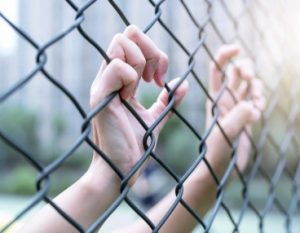 The bullied might start losing interest in all things which they previously loved doing.
The bullied might start losing interest in all things which they previously loved doing.
Example: Being bullied when playing football might cause them to slowly stray further from the sport that they once loved doing.
THE BYSTANDERS
BECOME TOO AFRAID TO SPEAK UP OR REPORT

Afraid of the bully and his/her sidekicks.
Example: Feel powerless to help the victim fearing that the bullies might shift their target from the victim to them instead.
START TO PICK UP GOSSIPING

Bystanders could unknowingly turn into bullies too if they aren’t careful enough as they observe the incident.
Example: Spreading unnecessary news about those who’re bullied/those who bully.
LOSE THE SENSE OF EMPATHY

Not caring or being concerned about the bully victim because they are not the ones who are being bullied.
Example: Just watching the victim get bullied because getting involved in something which does not concern them serves no purpose or benefit.
MISS OR SKIP SCHOOL

Bystanders who witness any bully incident would think twice about wanting to go to school.
Example: Skipping school because they do not want to fall victims to any of the school bullies just to be safe.
In summary, bullying is considered to be detrimental and could potentially lead to suicide if taken too far. If you’re wondering whether your child is being bullied in school, you can check out these articles “12 Signs your Child is Being Bullied” and “What to do if your Child is being Bullied?”. Remember to subscribe to us for a free e-book on Parenting in the Digital Age!

